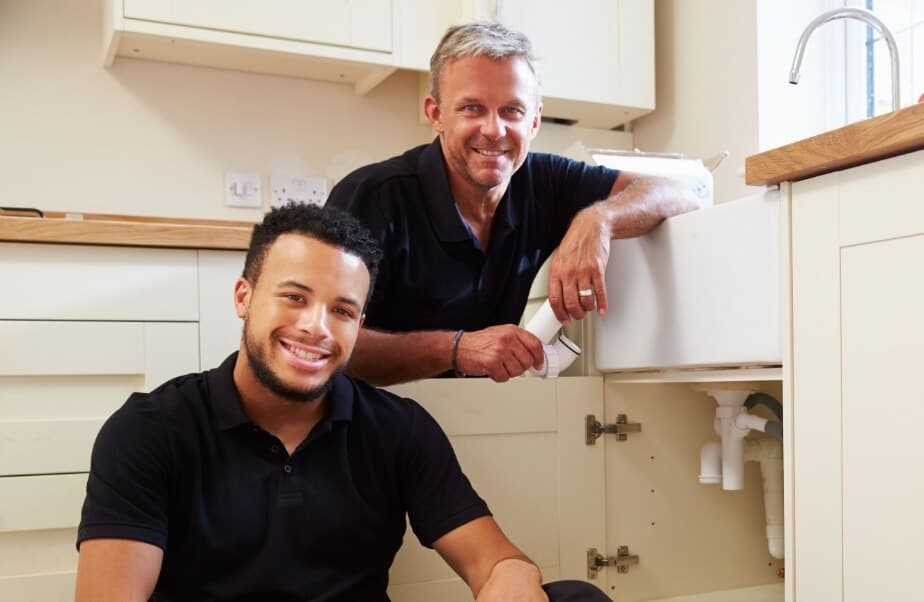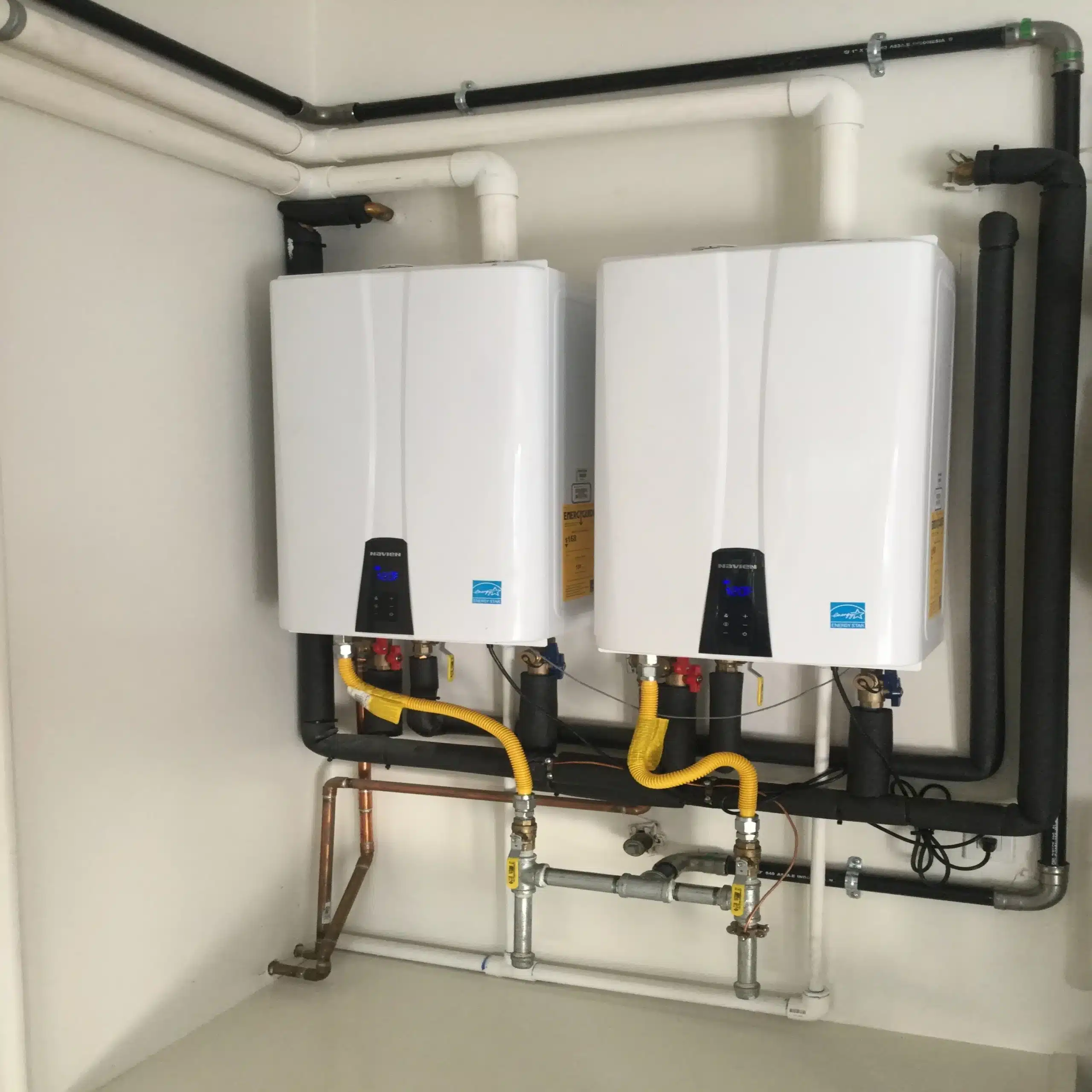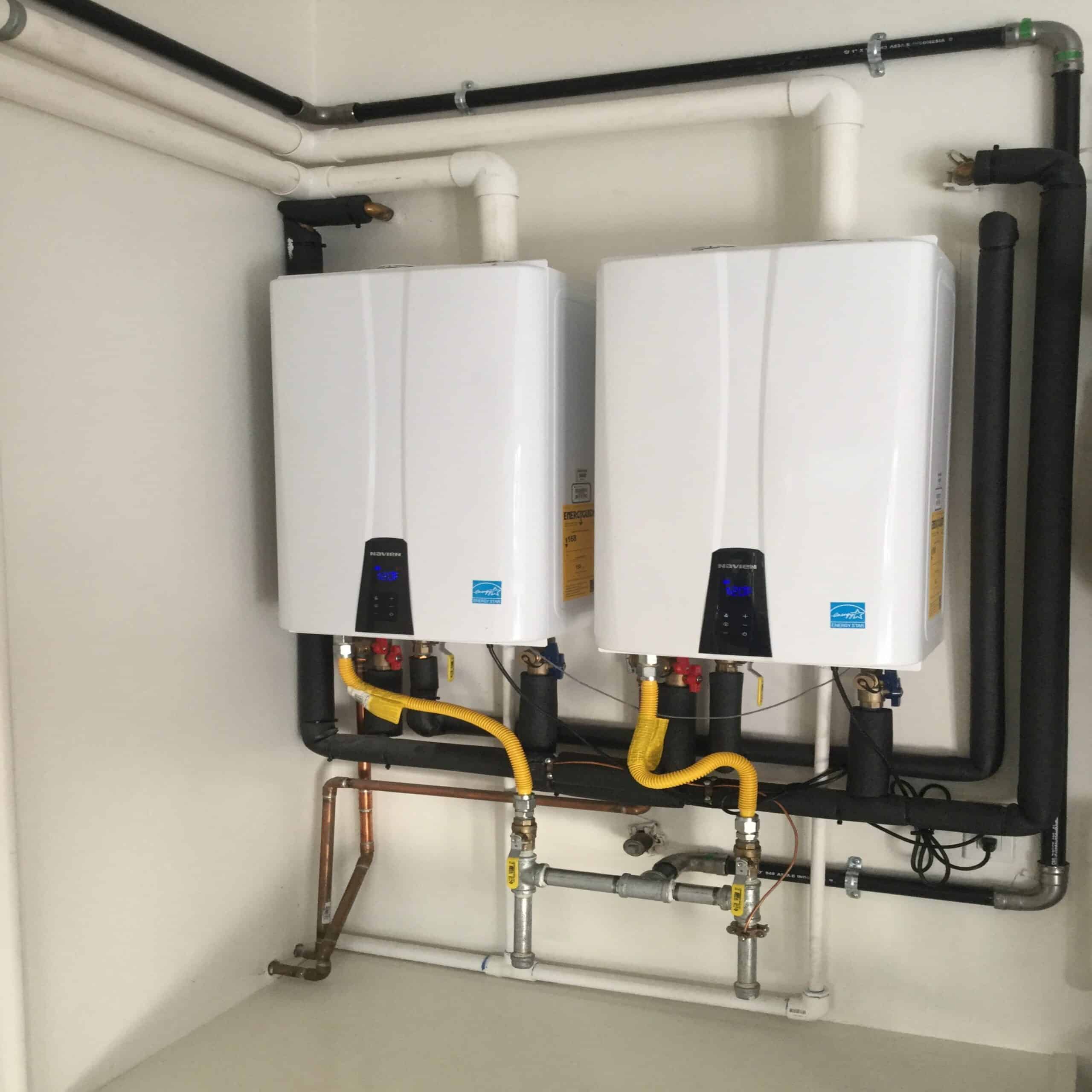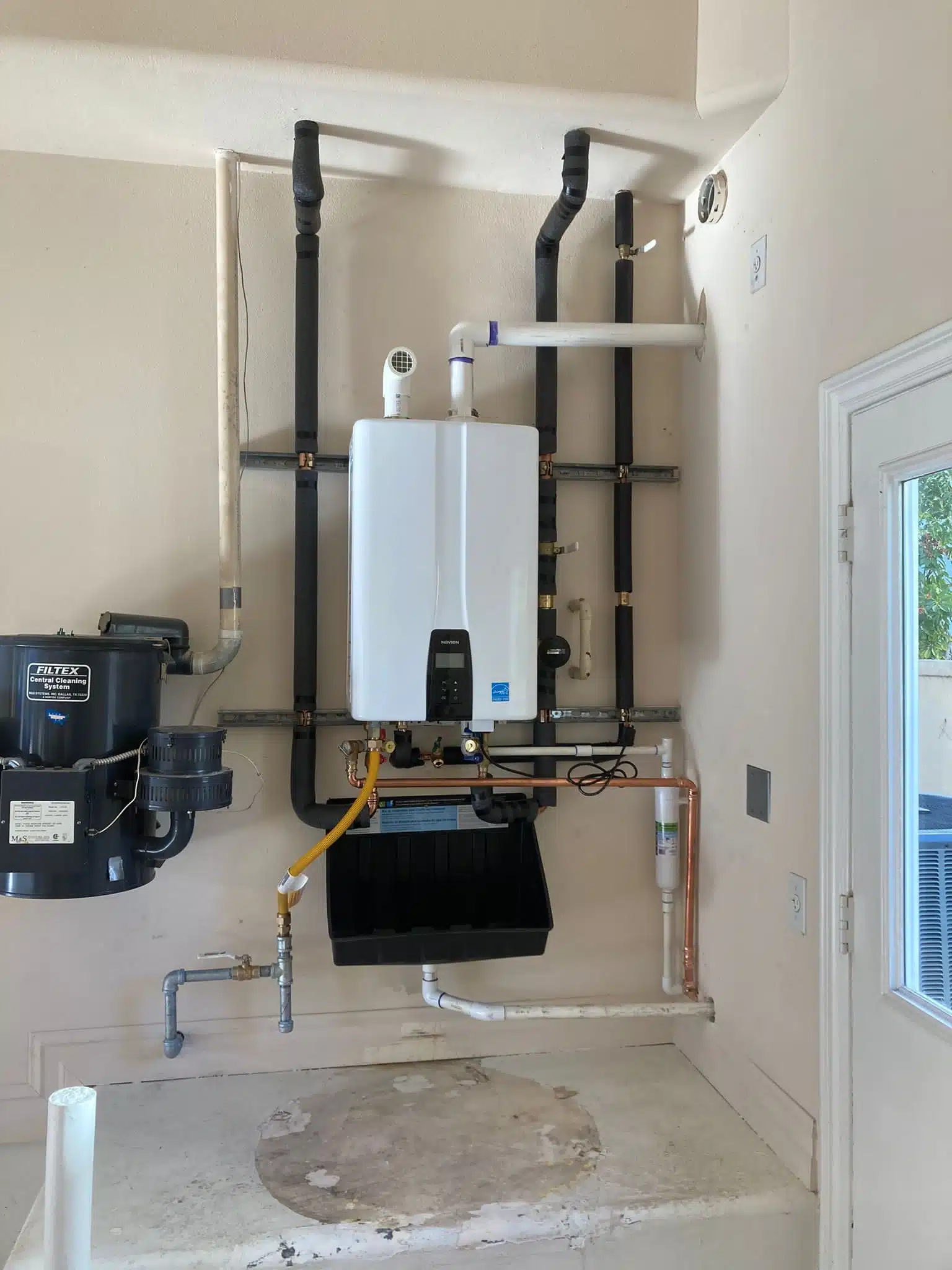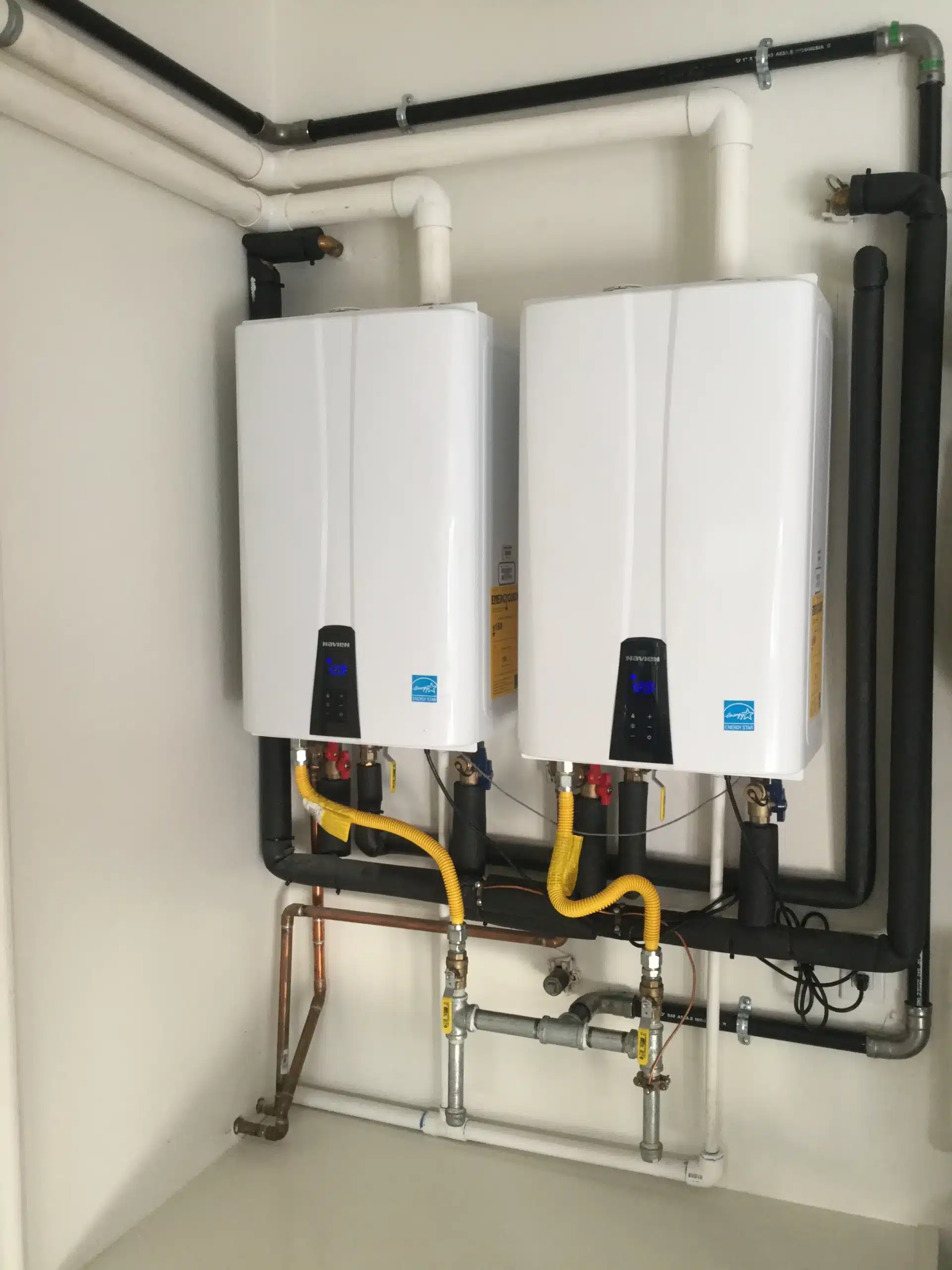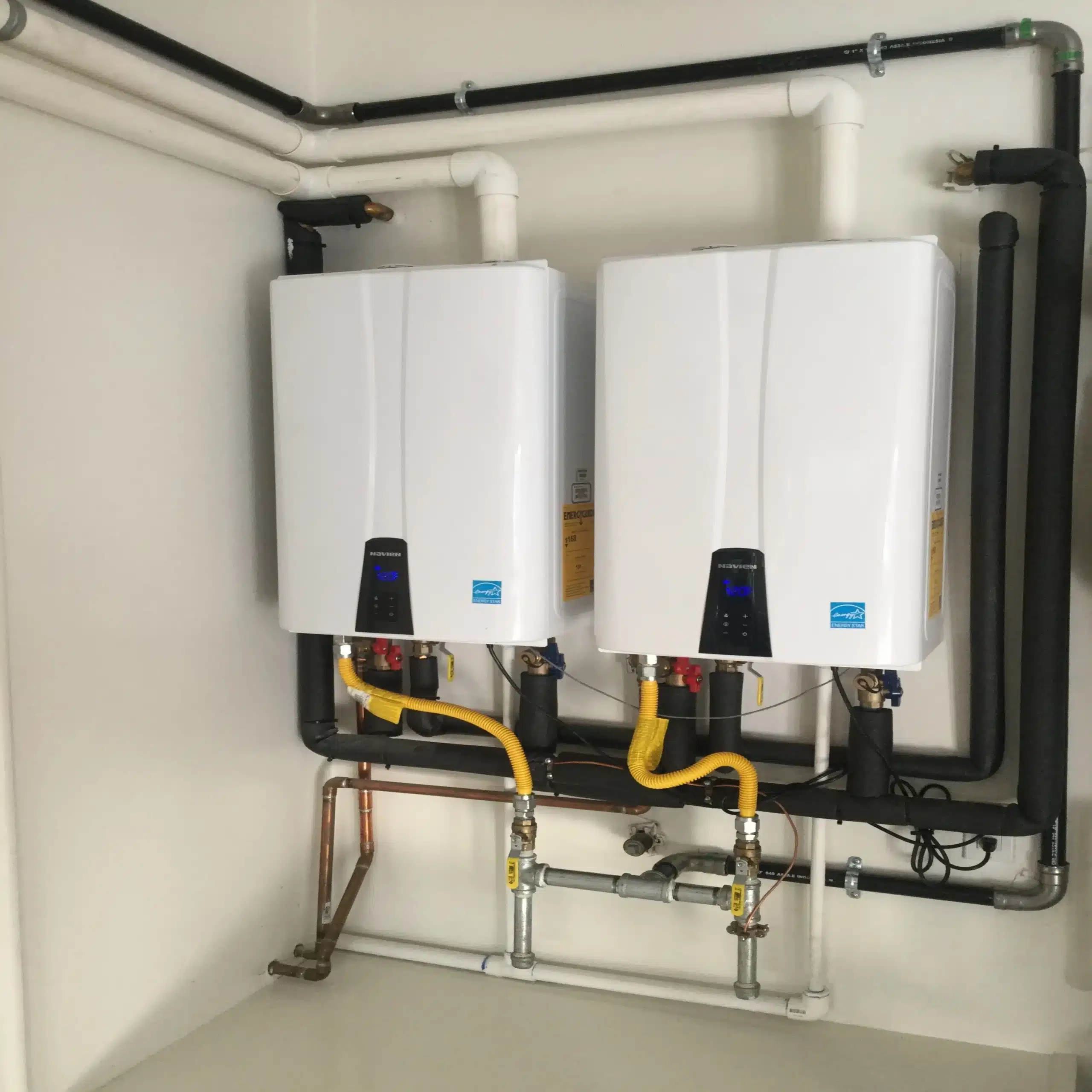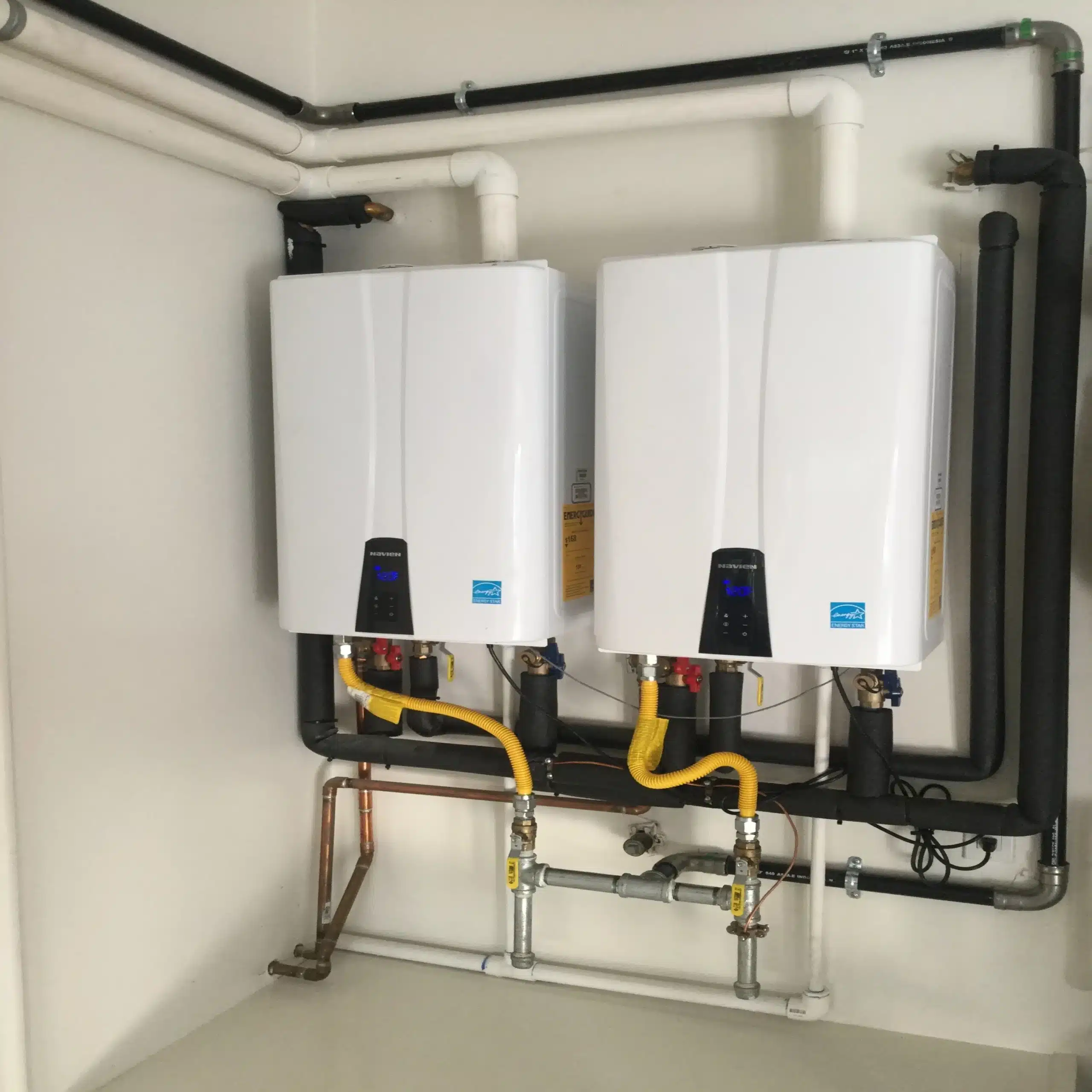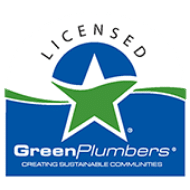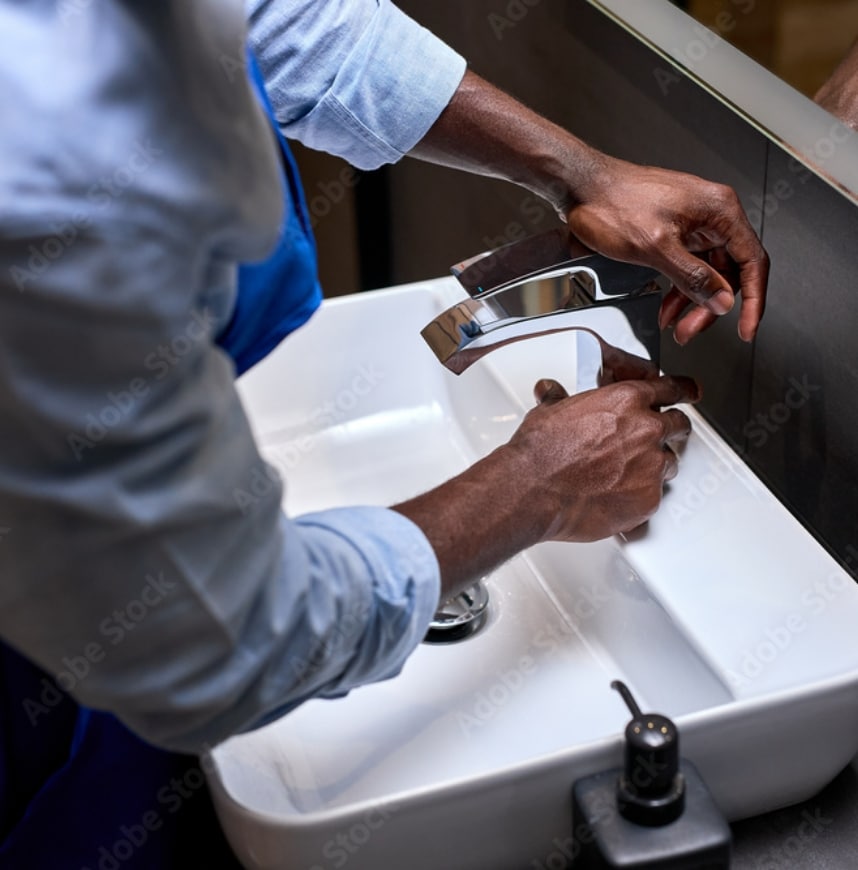You’re not alone if you’ve ever wondered how water softeners work. While hard water might not pose immediate health risks, its long-term effects can be costly and frustrating. Over time, it can damage your appliances, clog pipes, and leave you with dry skin and dingy laundry. Water softeners provide an easy and effective solution to these common problems.
By removing the minerals that cause hard water, a water softener helps protect your home and improve your daily life. Understanding how these systems work and maintaining them properly can ensure you get the most out of your investment.
How Do Water Softeners Work? The Science Behind Soft Water
Hard water contains high levels of minerals like calcium and magnesium. These minerals naturally bond to surfaces, leading to buildup on faucets, pipes, and even skin. Over time, this buildup can damage appliances, clog pipes, and make cleaning a hassle.
Water softeners are the perfect solution to reduce these impacts by removing the minerals that cause hardness. Understanding how they work can help you make better decisions about your water quality, ensuring your home runs smoothly without the annoying side effects of hard water.
The Ion Exchange Process
Water softeners work by using an ion exchange process to remove hardness-causing minerals. Here’s how it works:
- Resin Bed: Inside the water softener, there’s a bed of negatively charged resin beads. These beads are crucial for the process, and you can think of them like magnets that attract unwanted minerals.
- Ion Exchange: As hard water flows through the resin bed, the calcium and magnesium ions (which cause hardness) are attracted to the resin beads. These minerals are positively charged and stick to the negatively charged beads. At the same time, the sodium ions (from the salt in the system) are released into the water, replacing the calcium and magnesium ions.
- Soft Water Exit: The water that exits the softener is now free of calcium and magnesium, leaving you with soft water. This water is gentler on your appliances, pipes, and skin.
Regeneration Process
Eventually, the resin bed becomes saturated with calcium and magnesium ions, making it less effective at softening water. To restore its capacity, the softener goes through a regeneration process.
- Brine Solution: A concentrated salt (sodium chloride) solution is introduced into the resin bed. This high concentration of sodium ions pushes the calcium and magnesium ions off the beads.
- Ion Exchange Reversal: The sodium ions in the brine push the calcium and magnesium ions off the resin beads, replacing them with fresh sodium ions.
- Rinsing: The resin bed is rinsed with water to remove excess salt and waste ions, leaving the system ready to soften your water.
Think of it as refreshing a sponge—you swap out the minerals trapped inside for new ones, allowing the softener to work like new.
Key Components of a Water Softener System
Water softeners comprise of several key components that work together to provide soft water.
- Mineral Tank: This tank is where the actual softening happens. As water flows through it, the resin beads filter out the calcium and magnesium ions, leaving you with soft water.
- Control Valve: The control valve regulates water flow into the system and ensures it goes into regeneration mode when needed. It’s like the brain of the operation, keeping everything on track.
- Brine Tank: This is where the salt solution is stored. The brine tank releases concentrated salt water during regeneration, which “recharges” the resin beads.
Alternatives and Additional Features
If you’re looking for options beyond traditional water softeners, there are some alternatives and advanced features to consider:
- Salt-Free Systems: These systems don’t add sodium to your water but instead use a different process, like template-assisted crystallization (TAC), to prevent mineral buildup. They’re ideal for households that want to avoid salt but still want to reduce the effects of hard water.
- Advanced Features: Some newer water softeners have smart controls that track water usage and regenerate only when necessary, improving efficiency. Dual tank systems are another option for larger households, as they can regenerate while providing soft water.
No matter which system you choose, understanding the key components and options will help you find the best water softener for your needs.
Professional Water Softener Installation: Why Does It Matter?
Professionals know exactly what they’re doing when it comes to water softener installation. They understand your water’s hardness levels and flow rates and how to size the system properly for your home. This expertise ensures that your chosen water softener will work efficiently for years. Here’s why professional installation matters:
- Efficient Setup: Professionals use the latest tools and techniques to install your system correctly the first time. This means no leaks, no mistakes, and no inefficiencies that could cost you more down the line.
- Tailored Recommendations: Certified specialists assess your needs—whether it’s your household size, water usage, or budget—and recommend the right system. There are no generic solutions here—just a system that fits your home and lifestyle.
- Long-Term Savings: Proper installation maximizes your system’s efficiency, which reduces water and energy waste. This translates to lower utility bills and fewer costly repairs in the future.
- Safety and Compliance: Installing a water softener isn’t just about hooking up pipes. Professionals make sure your system meets local plumbing codes and is safe to use, avoiding issues that could lead to leaks or potential hazards.
While DIY solutions might seem tempting, they often lead to inefficiencies, leaks, or system damage. At Pristine Plumbing, our certified specialists have years of experience in hard water treatment and water softener systems. Let us help you choose and install the perfect water softener for your home.
Water Softener Maintenance: Get the Most Out of Your System
Regular maintenance is key to keeping your water softener working at its best. One of the most important things to monitor is the salt level in the brine tank. If the salt runs low, the system won’t regenerate properly, leaving you with hard water. Be sure to check and refill the salt when necessary.
In addition to monitoring salt levels, periodic cleaning is essential. Over time, debris and residue can build up in your system, reducing efficiency. Cleaning the tank and resin bed can keep the system working as it should, ensuring soft water continues to flow throughout your home.
Finally, make sure your system regenerates as scheduled. Skipping this process can decrease softening efficiency, so it’s essential to monitor it.
Signs You Need Professional Maintenance
- Declining Water Quality: If soap doesn’t lather as well or you notice increased scale buildup, it might be a sign your system is losing effectiveness.
- Unusual Sounds: A clicking or grinding noise could indicate mechanical issues that need professional attention.
- Salt Bridges: A crusty layer of salt in the brine tank could prevent proper salt dissolution, impacting performance.
- Inconsistent Water Flow: This could be due to clogged resin beads or blockages in the system.
- System Age or Wear: Older systems need more frequent attention to maintain performance.
Regular maintenance extends the lifespan of your water softener and helps you avoid costly repairs. Professional servicing ensures thorough inspections and keeps your system running at its best.
Pristine Plumbing: Your Reliable Partners for Water Softeners
At Pristine Plumbing, we provide customized solutions based on your water’s hardness levels, household size, and budget. We use cutting-edge tools to identify issues early and perform timely repairs to keep your water softener in peak condition. If you have an older system, we can upgrade it with modern, high-performance alternatives that are more efficient and reliable.
With years of experience, we’re trusted specialists in California for water softener systems. Our licensed plumbers will ensure your system operates smoothly and efficiently, with meticulous attention to safety and compliance with all industry standards.
We also offer budget-friendly options and financing plans to make quality water softener systems more accessible. Contact us today to discuss your water softener needs and receive personalized solutions tailored just for you. Our team is here to help! Request an appointment.


